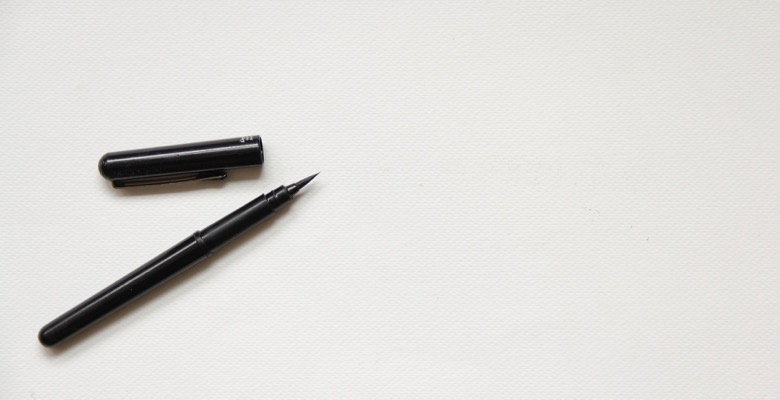Inspiration Is for Amateurs: How to Do Great Creative Work
 photo by Juraj Varga
photo by Juraj Varga
Inspiration is for amateurs. The rest of us just show up and get to work. — Chuck Close
Do you need to be inspired in order to create?
The answer seems obvious: yes. If a painting inspires its viewers, it must been created by an inspired artist, right?
I say no. Inspiration makes for a good origin story, but if you look at how most great thinkers actually work, inspiration seems to play a pretty minor role.
Let’s examine artist Chuck Close’s assertion that “inspiration is for amateurs” by exploring three questions:
- What’s the problem with waiting for inspiration to strike?
- Why are we so tempted to wait for inspiration?
- How can we do great work without it?
The problem with waiting for inspiration
Is that it’s flaky. You just can’t count on it.
Some days we feel inspired, but most days we don’t.
Some days we have three great ideas before our feet hit the floor in the morning, but most days we don’t. Other days we can’t even remember how to make coffee.
Life is a series of deadlines, and inspiration doesn’t care about deadlines. If your work (or your life) involves creative thinking, you’re doomed if you just wait for the muse to visit.
Personally, I have another problem with waiting for inspiration: it takes the power away from the artist, making us mere vessels. Creating anything is hard work; it’s not a matter of sitting around in cafés until a good idea alights on our shoulders like a butterfly.
Why we like to wait for inspiration
Why do we wait to feel inspired, then? If it’s not effective, why do it?
Because it’s easy.
Sitting down to work when you don’t feel like it is really hard. Waiting until you do feel like it is easier.
We wait for inspiration because it’s easier than confronting our fear of starting, our fear of being found out, and our fear of being disappointed in our art.
And in my experience, there’s no cure for this fear of creating. It never goes away, but you can get really good at overcoming it.
That’s an important distinction, so I’m going to repeat it. No matter how much you create, it’s always going to be scary. You must get good at feeling the fear and doing it anyway, like a veteran stage actor preparing to play King Lear (delivering 747 lines over three hours) for the thousandth time.
3 Alternatives to waiting for inspiration
If waiting to feel inspired isn’t a good strategy, what can we do instead?
1. Treat creative work like any other skill-based activity.
Creativity is a lot like exercise: Consistency breeds results. If you work out three times a week, you will soon be in better shape. If you exercise every day, you’ll soon be in excellent shape.
If you want to do better creative work, create consistently and often. Like exercising, creating only when you feel like it just isn’t effective.
2. Create accountability by committing to public deadlines.
I’ve said before that accountability is the only reason this blog happens. I’ve committed publicly to publishing an article every Tuesday and Friday, and that forces me to do the work. Otherwise, I’d rationalize my way out of writing half these articles.
Giving your word is a powerful motivator, but there are even more effective tools out there.
3. Work on a schedule.
Scheduling is boring, but it works, and the most effective creatives structure their day with this in mind. As David Brooks said in a New York Times op-ed,
Creative people organize their lives according to repetitive, disciplined routines. They think like artists but work like accountants.
Don’t let yourself decide each day when you’re going to do your work. You’re leaving too much up to Future You, who might not be in the right frame of mind to make such an important decision. Make a schedule, stick to it for a couple of weeks, and you’ve now got a habit that will serve you well.
Learning to see inspiration differently
If you do these things, you’ll begin to see inspiration differently: as a gift.
When you don’t need it to function, inspiration becomes a nice surprise, like a tailwind on a long bike ride or an unexpected visit from an old friend.
Inspiration isn’t necessary, and it doesn’t pay to wait for it. And that’s good news, because it means you—whether you feel inspired or not—can create.